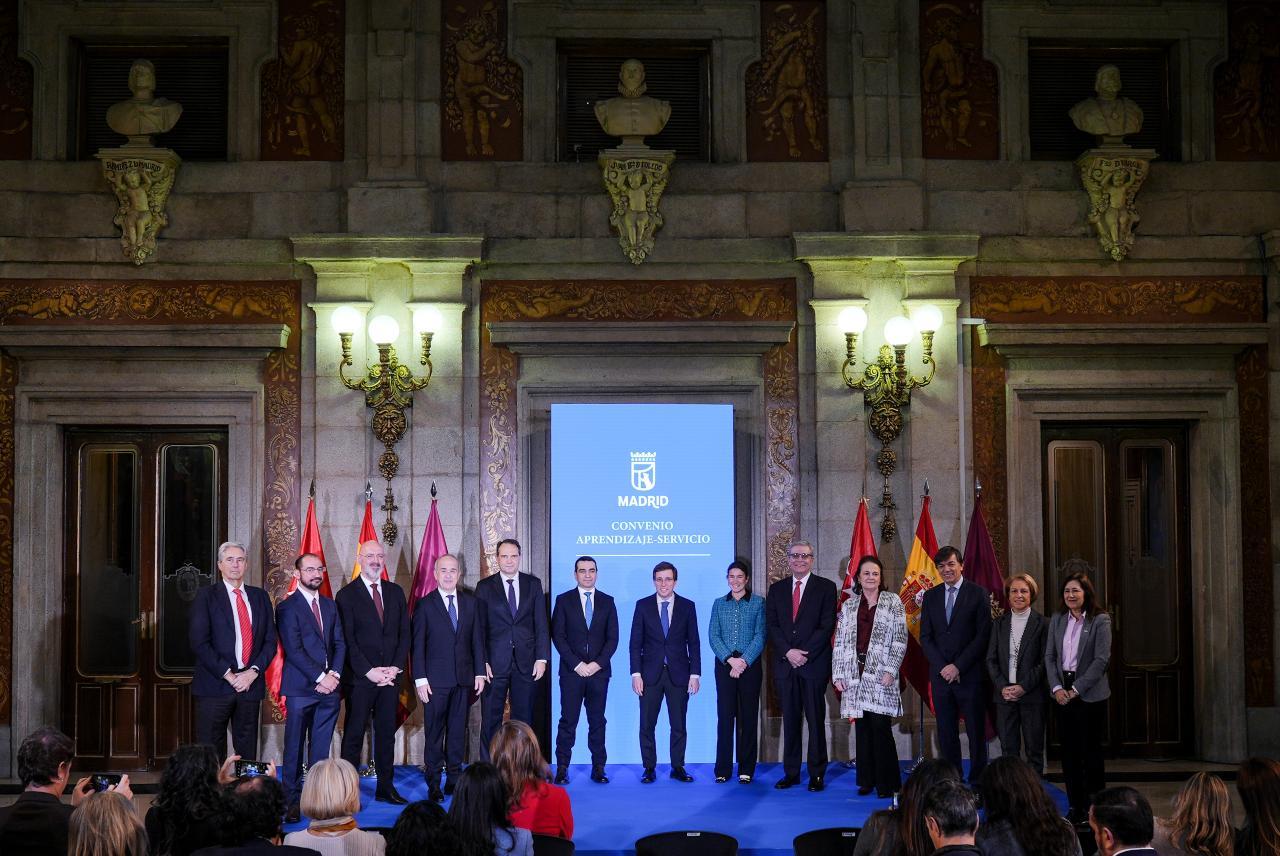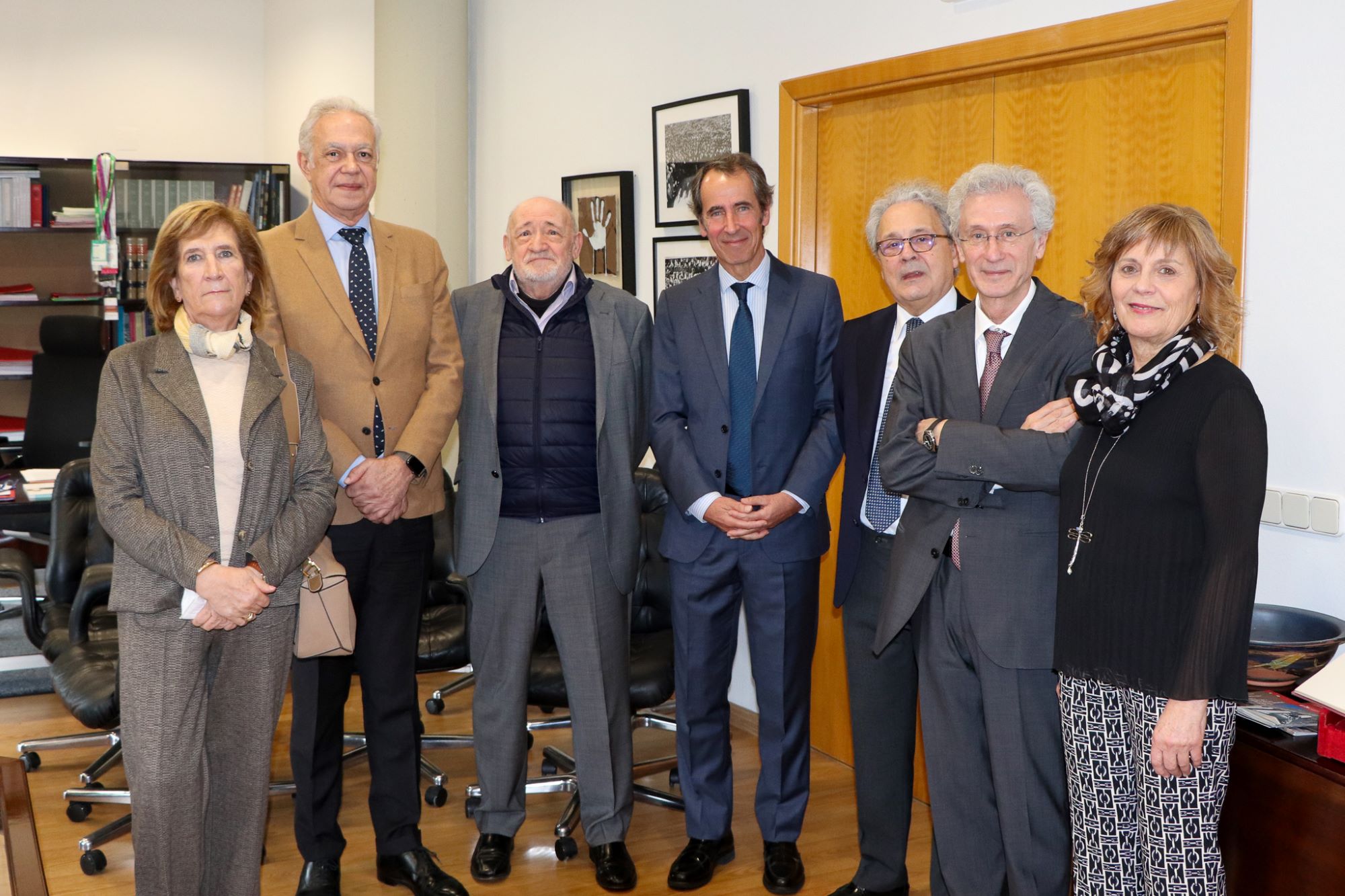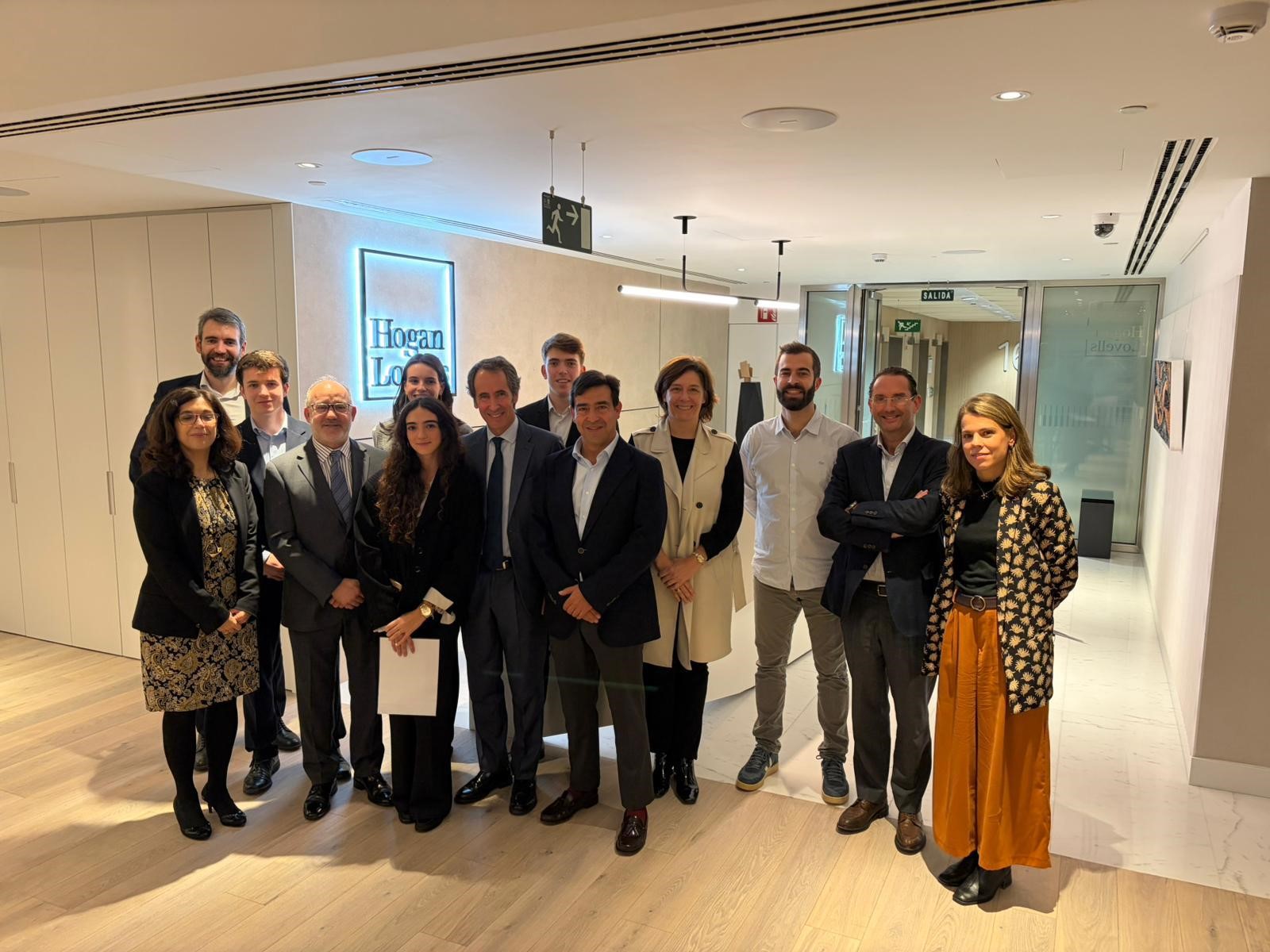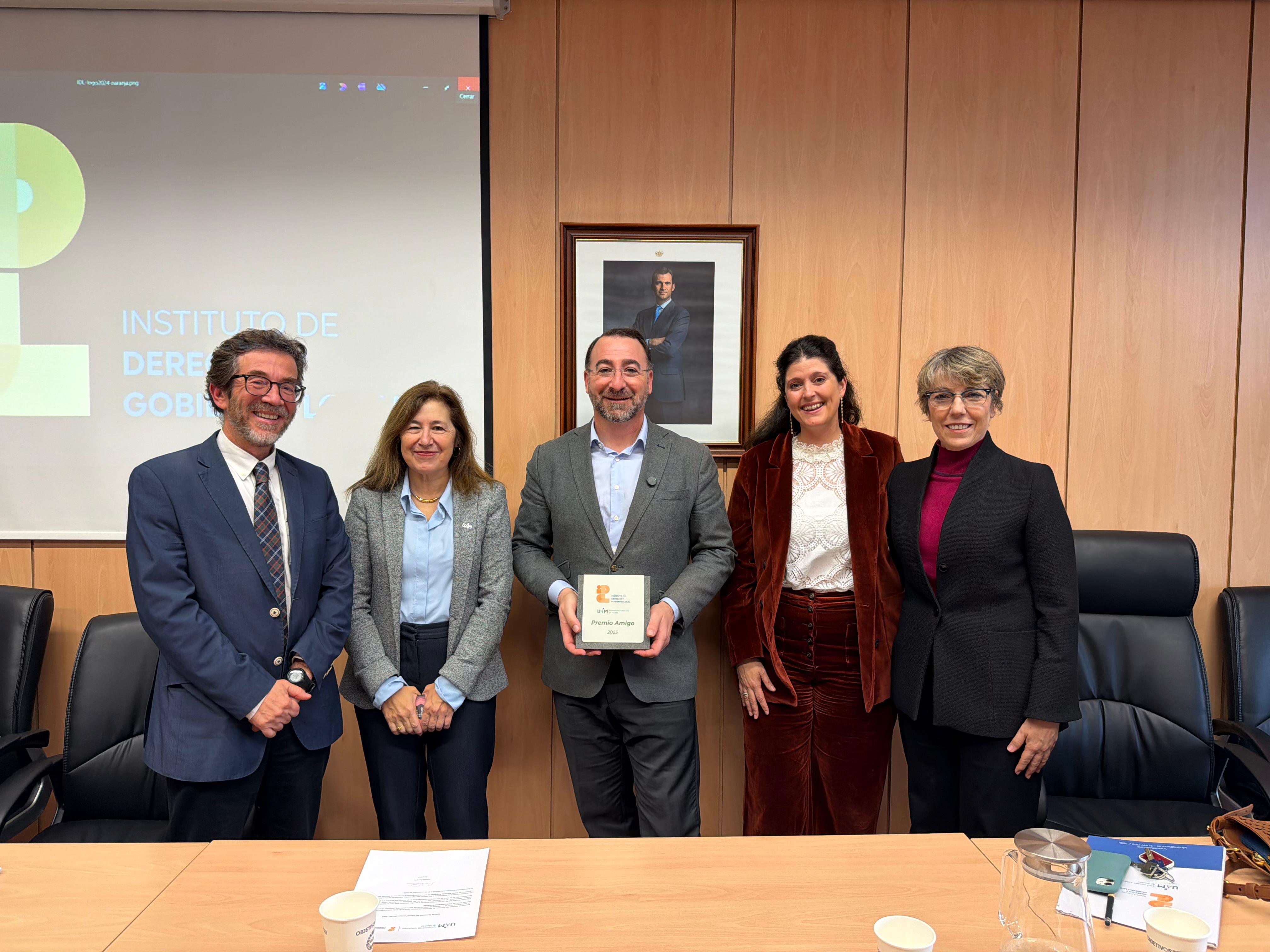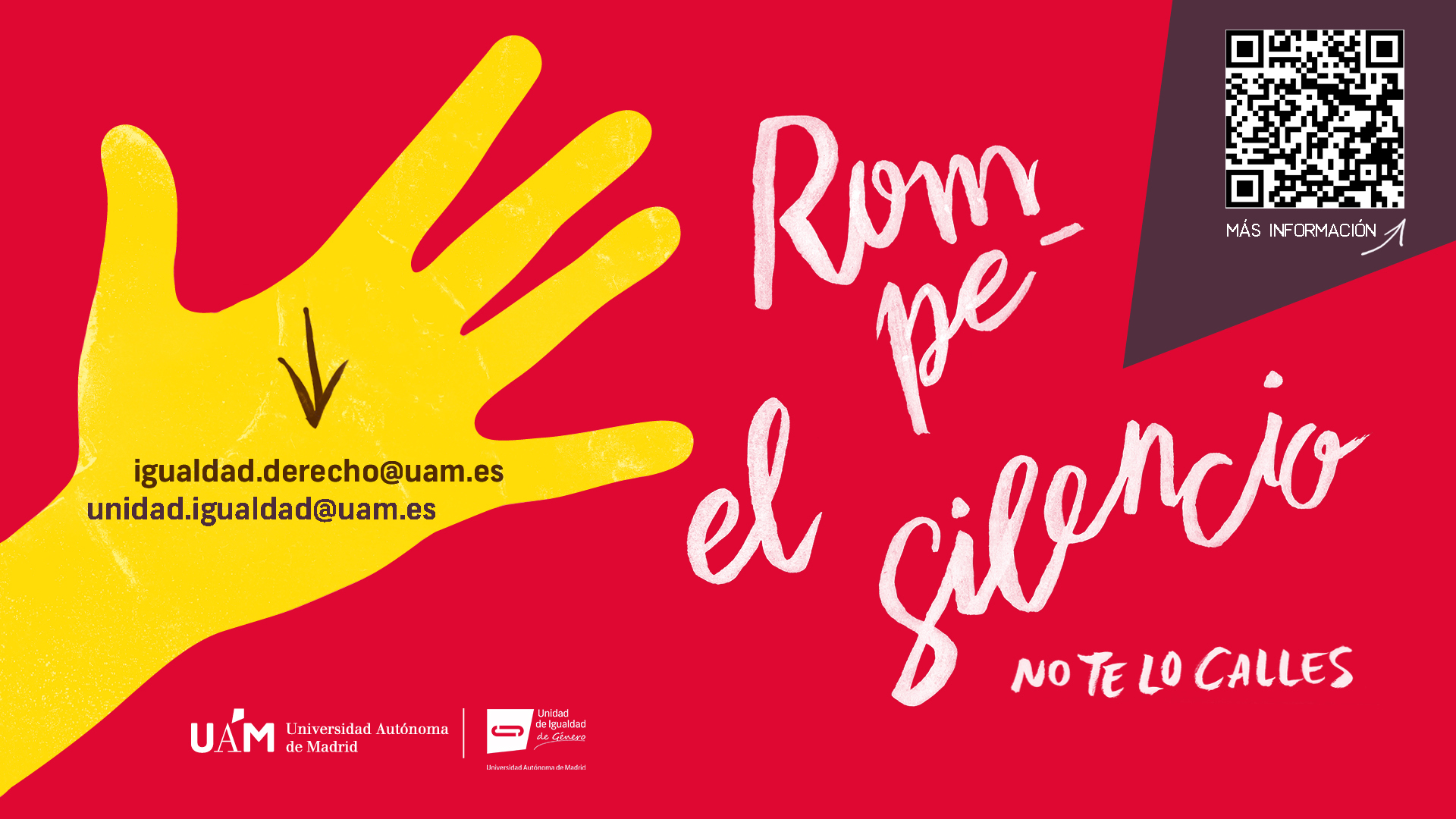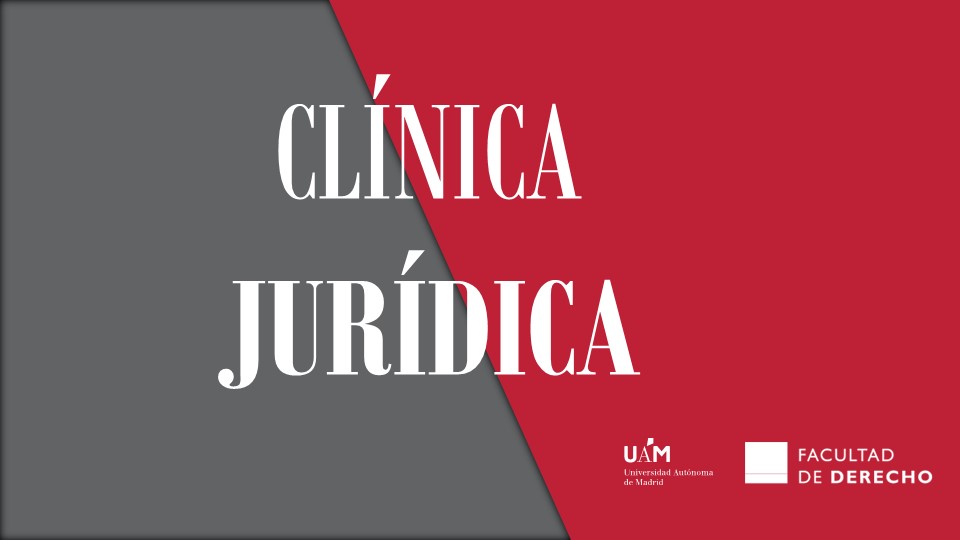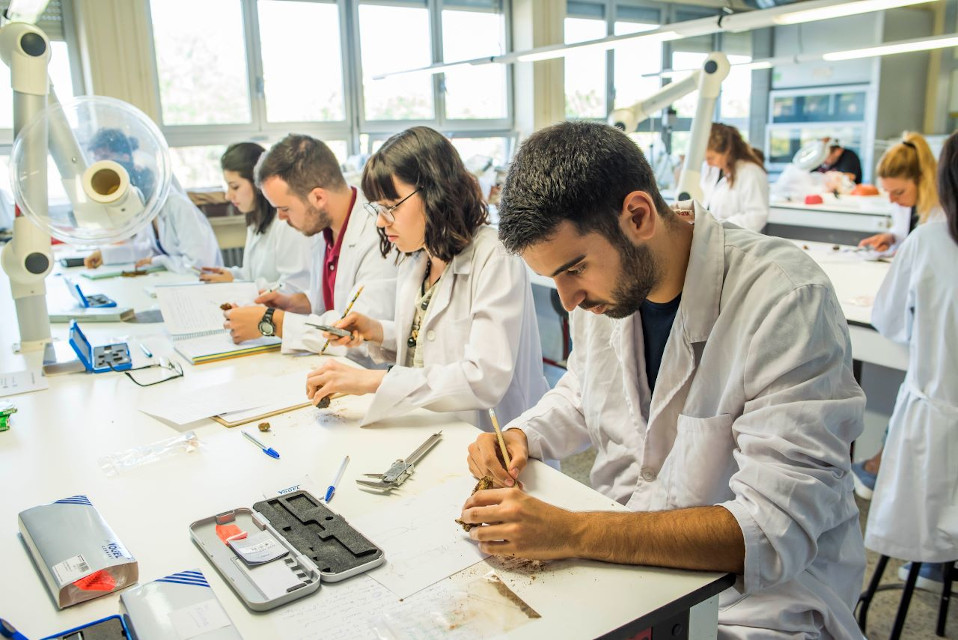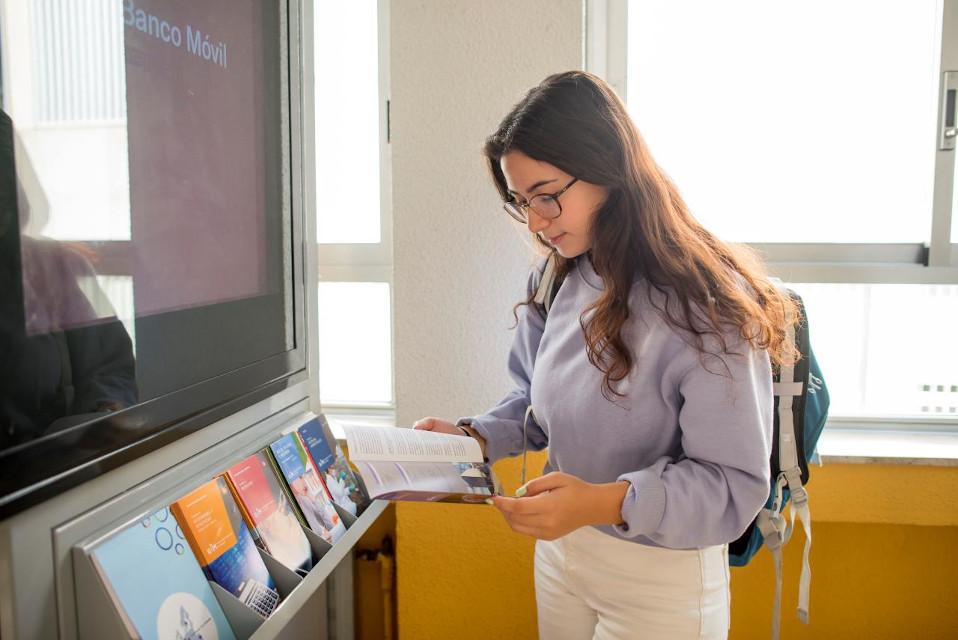AVISO
01/12/2025
Microcredenciales Universitarias para el Empleo
La Universidad Autónoma de Madrid lanza la convocatoria: “Microcredenciales Universitarias para el Empleo”, cursos breves, prácticos y oficiales diseñados para que des un salto en tu empleabilidad.
-
Abierto plazo de matrícula desde el 1 de diciembre de 2025, plazas limitadas por orden de inscripción.
- Más información
Actualidad
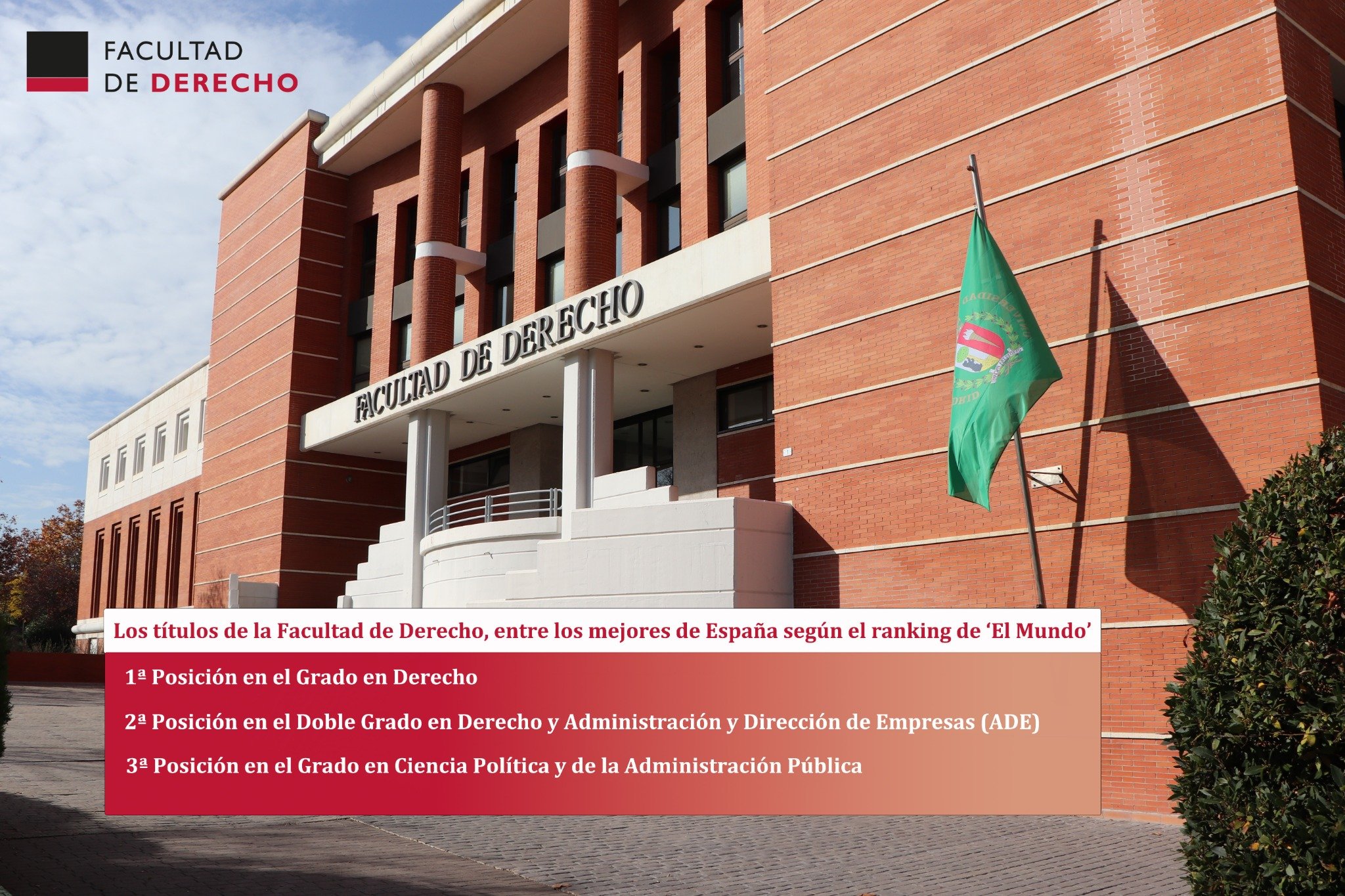
Los títulos de la Facultad de Derecho, entre los mejores de España según el ranking de El Mundo
